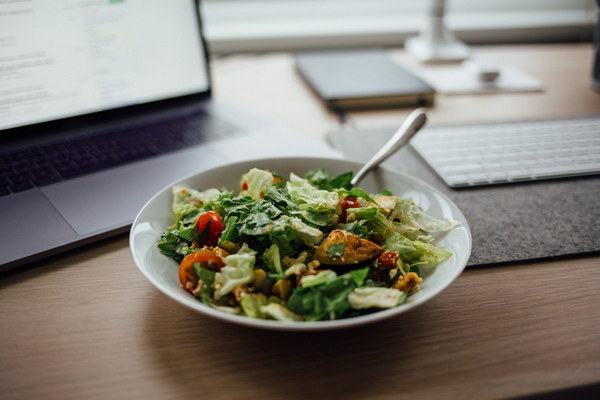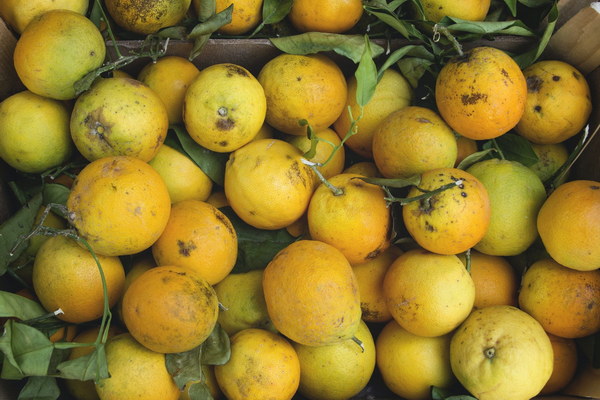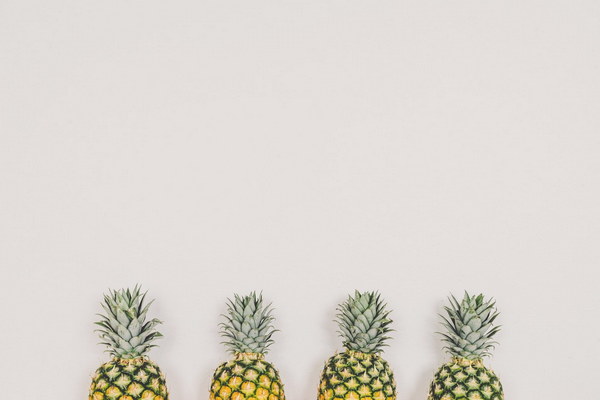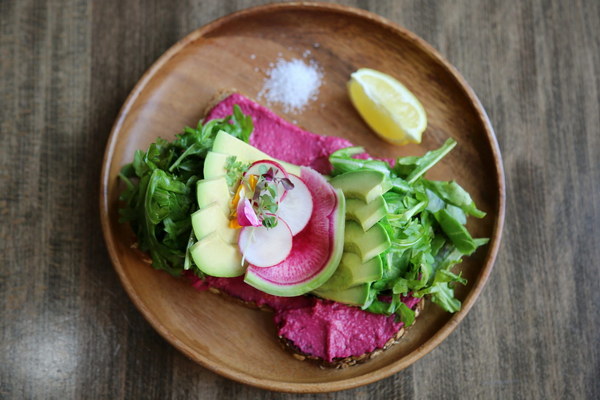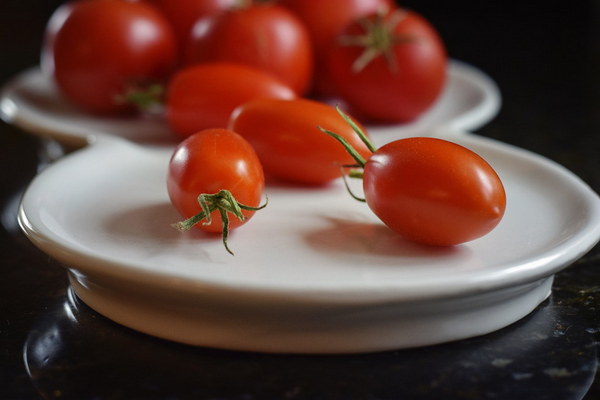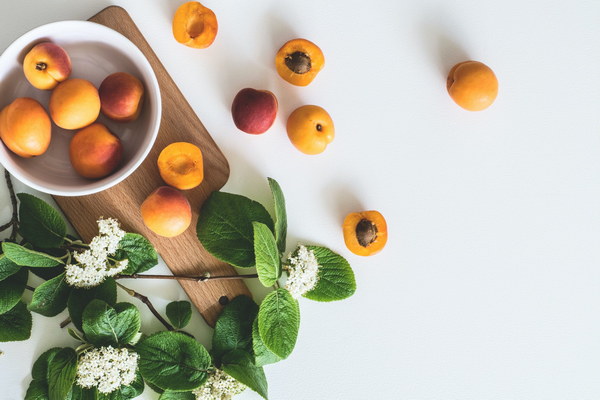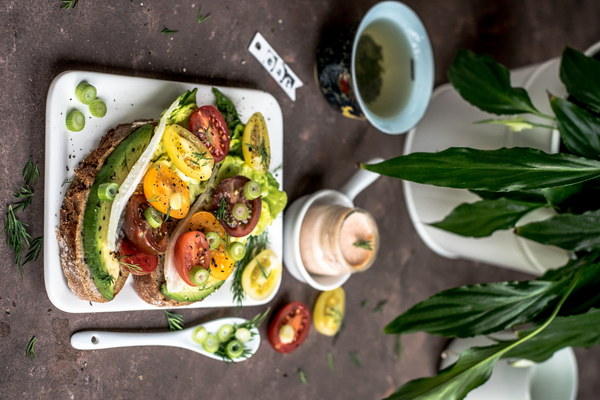Revitalize Your Lungs and Boost Your Chi A Guide to Lung-Clearing and Qi-Nourishing Diet Therapy
Revitalize Your Lungs and Boost Your Chi: A Guide to Lung-Clearing and Qi-Nourishing Diet Therapy
In the pursuit of holistic well-being, traditional Chinese medicine (TCM) offers a wealth of knowledge and practices that aim to restore and maintain balance within the body. One such practice is the use of lung-clearing and qi-nourishing diet therapy, which focuses on using specific foods to cleanse the lungs and enhance the body's vital energy, or qi. This article delves into the principles behind this therapy, offers a comprehensive list of recommended foods, and provides practical tips for incorporating these dietary changes into your daily routine.
Understanding the Principle of Lung-Clearing and Qi-Nourishing
In TCM, the lungs are considered the primary organ for receiving oxygen and expelling carbon dioxide, thus playing a crucial role in the body's respiratory and immune functions. When the lungs are clear, they are free from excess phlegm and heat, which can lead to conditions such as coughs, colds, and respiratory infections. Qi, on the other hand, is the vital life force that flows through the body, and maintaining its balance is essential for good health.
The goal of lung-clearing and qi-nourishing diet therapy is to support the lungs in their functions and to replenish and harmonize the body's qi. This is achieved through the consumption of foods that are believed to have cooling, moistening, and nourishing properties.
Foods for Lung-Clearing and Qi-Nourishing
1. Pumpkin Seeds: Rich in zinc, magnesium, and antioxidants, pumpkin seeds are known to support lung health and reduce inflammation. They can be eaten raw or roasted as a snack.
2. Bitter Melon: This vegetable is cooling and can help to clear heat and dampness from the body, making it beneficial for respiratory conditions.
3. Ginger: A warming spice that can help to clear phlegm and open up the respiratory passages, ginger is often used in teas or added to soups and stews.
4. Mushrooms: Particularly reishi and shiitake mushrooms, are prized for their immune-boosting properties and are believed to nourish the lungs and enhance qi.
5. Bamboo Shoots: These are cooling and can help to reduce excess heat in the body, making them suitable for clearing the lungs.
6. Soy Products: Tofu, tempeh, and edamame are all good sources of protein and can help to nourish the body's yin, which is essential for lung health.
7. Pears: Particularly the Asian pear, is a natural expectorant and can help to clear the lungs of phlegm.
8. Green Tea: A staple in many Asian diets, green tea is rich in antioxidants and can help to boost the immune system.
9. Quinoa: A gluten-free grain that is rich in nutrients and can help to balance the body's energy.
10. Goji Berries: These berries are believed to boost the immune system and enhance overall vitality.
Incorporating Lung-Clearing and Qi-Nourishing Foods into Your Diet
To incorporate these foods into your diet, consider the following tips:

- Start with Small Changes: Begin by adding one or two new foods to your diet each week, allowing your taste buds to adjust.
- Cook with Herbs and Spices: Use lung-clearing and qi-nourishing herbs and spices such as ginger, cinnamon, and star anise to flavor your meals.
- Experiment with Recipes: Look for recipes that incorporate these foods, or create your own by combining them in a way that suits your palate.
- Stay Hydrated: Drink plenty of water throughout the day to support your body's natural detoxification processes.
- Listen to Your Body: Pay attention to how your body responds to these dietary changes and adjust accordingly.
By incorporating lung-clearing and qi-nourishing foods into your diet, you can support your respiratory health and enhance your overall sense of well-being. Remember, these practices are part of a broader approach to wellness that includes physical activity, stress management, and other lifestyle factors. Always consult with a healthcare provider or a qualified TCM practitioner before making significant changes to your diet or health routine.
